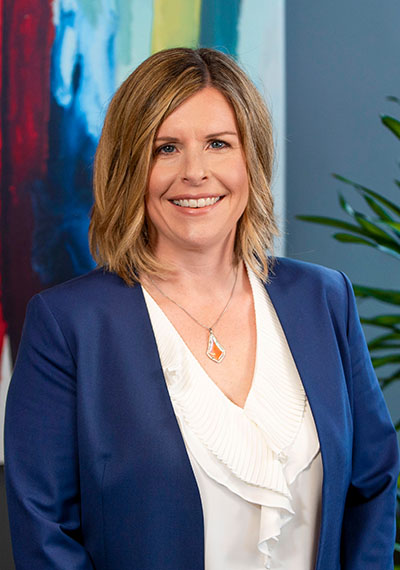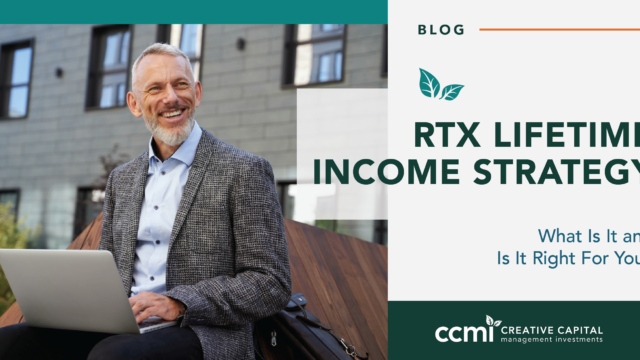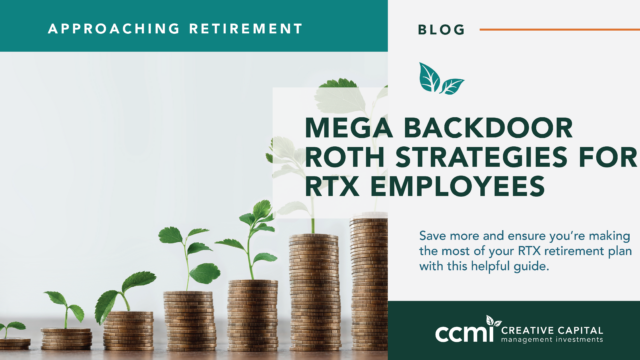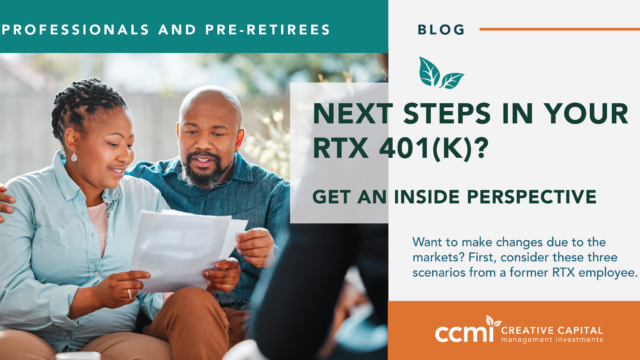As baby boomers approach retirement, they often question whether to live debt-free or continue their monthly mortgage payments. Here are a few things to consider.
- Your nest egg
As the average baby boomer approaches retirement, many have insufficient savings to support their anticipated lifestyle in retirement. Additionally, many baby boomers still have a number of years remaining on their mortgage before it is paid in full. Often times a retirement nest egg is the primary source of funds which would be used to accelerate payments or pay off a mortgage entirely. Before making a decision of this magnitude, ask yourself:
- What will your income be in the future from things like Social Security, pensions, your investments and/or other sources to support your lifestyle?
- Do you have sufficient assets to support your lifestyle during your retirement years?
- Will your living expenses change now that you get to enjoy the fruits of your labor?
If you are over 50, chances are you are still building your nest egg as you prepare for the next phase of your life. Fortunately, you have the advantage of contributing more to your retirement accounts than those who are under age 50. You may want to consider maximizing your savings and retirement account contributions instead of accelerating mortgage payments, especially when considering factors such as longer life expectancy and rising medical expenses.
Financially speaking, it usually does not make sense to accelerate mortgage payments if you are doing it at the expense of funding retirement plans.
- Your interest rate, income tax bracket, and risk tolerance
Another important factor is your mortgage interest rate. With mortgage rates at all-time lows over the past few years, many people have been able to lock in a low, fixed interest rate (below 5%) on their mortgage.
Directing extra cash flow to a low interest mortgage instead of maximizing contributions to a tax-deferred account may be a costly mistake over time. If the after-tax cost of your mortgage is lower than the after-tax return on your investments, it may make financial sense to keep your extra cash invested instead of accelerating mortgage payments. Additionally, money used to pay down your mortgage becomes illiquid because you can’t turn around and take the money out easily. Alternatively, money left in an investment account can generate income that can be used to help cover your mortgage payment, and preserve liquidity.
You can also benefit from deducting the interest on your mortgage payment, especially if you are in a higher tax bracket (please note that the home mortgage interest deduction is subject to IRS income phaseouts). For example, if you are in a 30% tax bracket, a 4% mortgage would effectively cost about 3% after the mortgage interest tax deduction. This means you would only have to earn 3.5% or more in your investment account (after-tax) to make investing preferable over accelerating mortgage payments. However, not everyone can endure taking on the additional risk needed to achieve a higher rate of return; therefore, these decisions should be based on your own personal goals and long-term financial planning.
- Your emotions
Despite the financial scenarios that indicate paying off your mortgage will result in a missed opportunity of earning a higher rate of return in investment markets, it may simply be your goal to be mortgage-free so you can sleep better at night. Perhaps you just don’t want a large portion of your retirement income going towards a mortgage payment when you are no longer receiving a paycheck.
Determining whether to pay off your mortgage is a numbers game; however, weighing the emotional impact is essential. It’s not always about the dollars and cents and if you can afford to pay off your mortgage, the peace of mind you may gain from living a debt-free life could far outweigh the costs indicated by the results of a financial analysis.
The best way to answer these questions and to understand whether you can afford to pay off your mortgage is to work with a fee-only financial planner. A fee-only financial planner can provide a detailed financial plan along with an analysis and alternative recommendations to empower you to make the most informed decision. Please contact CCMI if we can help.
CCMI provides personalized fee-only financial planning and investment management services to business owners, professionals, individuals and families in San Diego and throughout the country. CCMI has a team of CERTIFIED FINANCIAL PLANNERTM professionals who act as fiduciaries, which means our clients’ interests always come first.
How can we help you?






